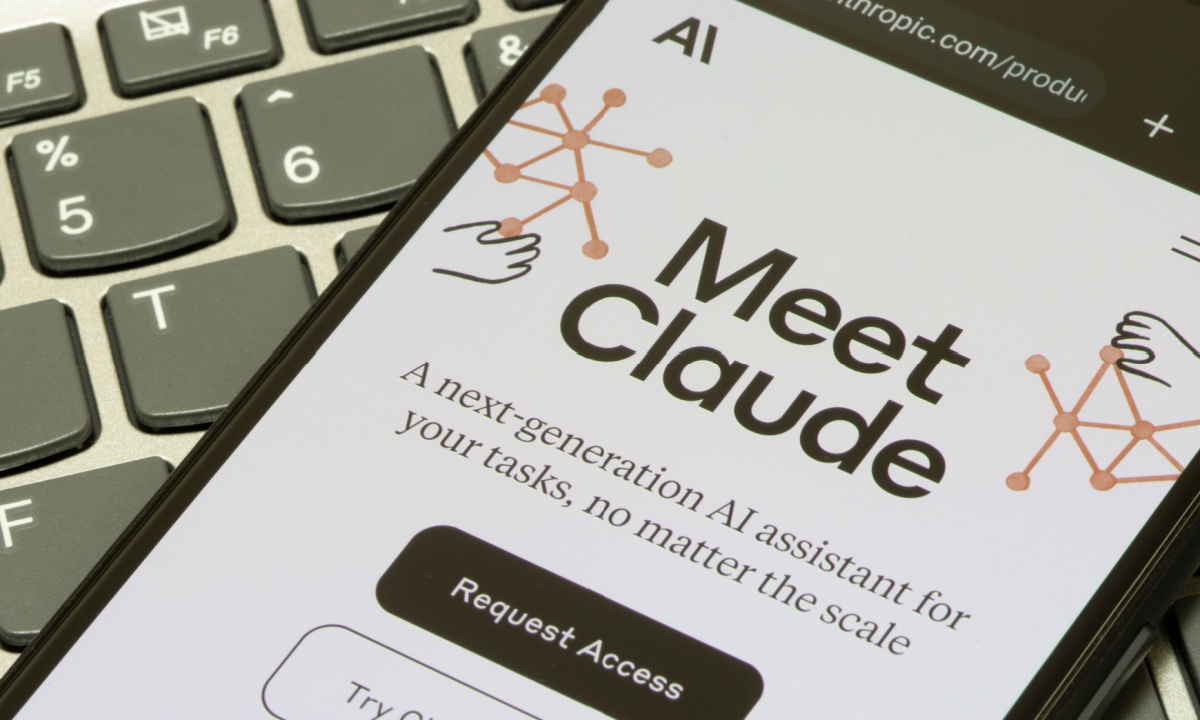
Anthropic, the startup behind the artificial intelligence (AI) assistant Claude, is launching a new “tool use” feature that could change how businesses interact with their customers.
The new capability enables businesses to develop custom AI helpers, transforming how they manage customer support inquiries and optimizing their operational processes. It’s one of a growing number of AI assistants in the marketplace. At Google I/O, a developer conference, Google introduced various AI-driven features for shopping and searching. Meanwhile, OpenAI is developing a voice assistant that can respond in real-time and observe the environment.
Claude’s evolution from a chatbot to a sophisticated assistant is a testament to the rapid advancements in the field, Dmytro Shevchenko, a data scientist from Aimprosoft, told PYMNTS.
“Claude has evolved from a chatbot that answers questions based on its experience or data provided using RAG to a tool that mimics a real assistant,” he added. “It can handle specific tasks such as canceling orders, accessing database information, providing current weather updates, and more. Essentially, Claude will know anything that can be requested through the API.”
A New Kind of Personalized AI Assistant
The potential applications of AI assistants are vast, ranging from email management and product recommendations to virtual shopping assistants and beyond. As businesses increasingly look for ways to automate processes and provide more efficient customer service, custom AI assistants could become an indispensable tool.
Julia McCoy, AI president of Content at Scale, envisions a future where businesses integrating Tool Use from Claude into their systems will “streamline their customer success into a faster, better experience. Too many times, humans take too long to simply look up order data — AI can solve that problem 10x faster because it’s AI and functions without humanity’s problems. I think businesses that lean into AI agent functionality and autonomous support departments will win big time in efficiency and profitability.”
McCoy added: “Anthropic will revolutionize the landscape with the tool use feature. It mimics the actions of a highly trained AI agent, which is in line with autonomous work, the future of AI, and where robotics is headed. Claude is one of the best LLMs because of the attention the creators have paid to security and transparency; in that regard, the output rivals OpenAI and Google.”
Challenges and Opportunities
However, integrating Claude’s tool-use capabilities with existing business systems may not be without challenges.
“Complex ticketing, records and systems that might make it hard for Claude to look up an order number, for example,” noted McCoy. “Companies can streamline their platforms and CRMs to ensure a smooth and effective implementation of the coming Tool Use.”
Shevchenko elaborated on the strategies businesses can adopt for successful integration.
“The main challenge here lies in creating accurate descriptions for each tool because Claude uses these descriptions to determine which tool to apply based on your request,” he said. “The descriptions of the tool must be clear enough for the AI model to select the appropriate tool for the task correctly. In my opinion, the basic strategy has to involve developing unique and precise descriptions for each tool, clearly stating its primary purpose for each tool, and specifying the data or fields it returns for further use by Claude.”
Despite these hurdles, Anthropic’s efforts to make tool sets more accessible and user-friendly have not gone unnoticed in the industry. Muddu Sudhakar, co-founder and CEO of AI company Aisera, told PYMNTS, “The good news is that Anthropic has been investing in making tool sets that are much easier to use. This should help spur even more development. It will make it easier for enterprises to experiment — allowing for finding the right use cases for generative AI.”
As the custom AI feature rolls out to Claude users in the coming weeks, it remains to be seen how quickly businesses will adopt this new technology and what impact it will have on customer service and support.
However, with the rapid advancements in AI and the increasing demand for efficient, personalized solutions, Anthropic’s move could be a significant step forward in the evolution of human-AI interaction in the business world. As companies navigate the challenges and opportunities presented by this new technology, one thing is clear: the future of customer service is set to be transformed by the power of artificial intelligence.

